Wildlife Friendly Gardens & Green Spaces
Welcome to the Wildlife Friendly Gardens and Green Spaces Hub!
Whether you’re a seasoned gardener or just developing green fingers and wanting to make space for more Nature in your garden or you are looking to get involved in a community green space for nature and people to thrive, our hub is here to guide you.
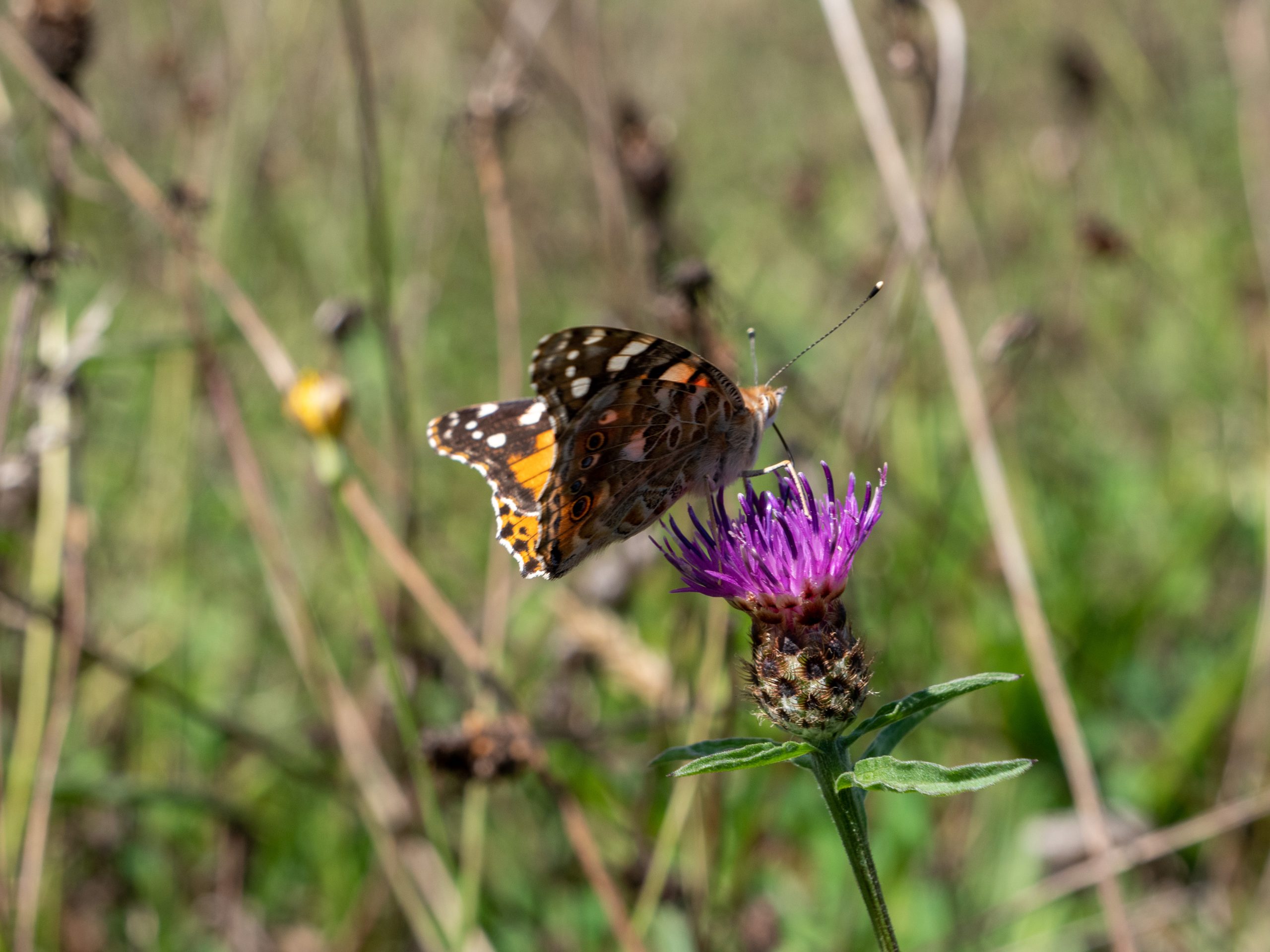
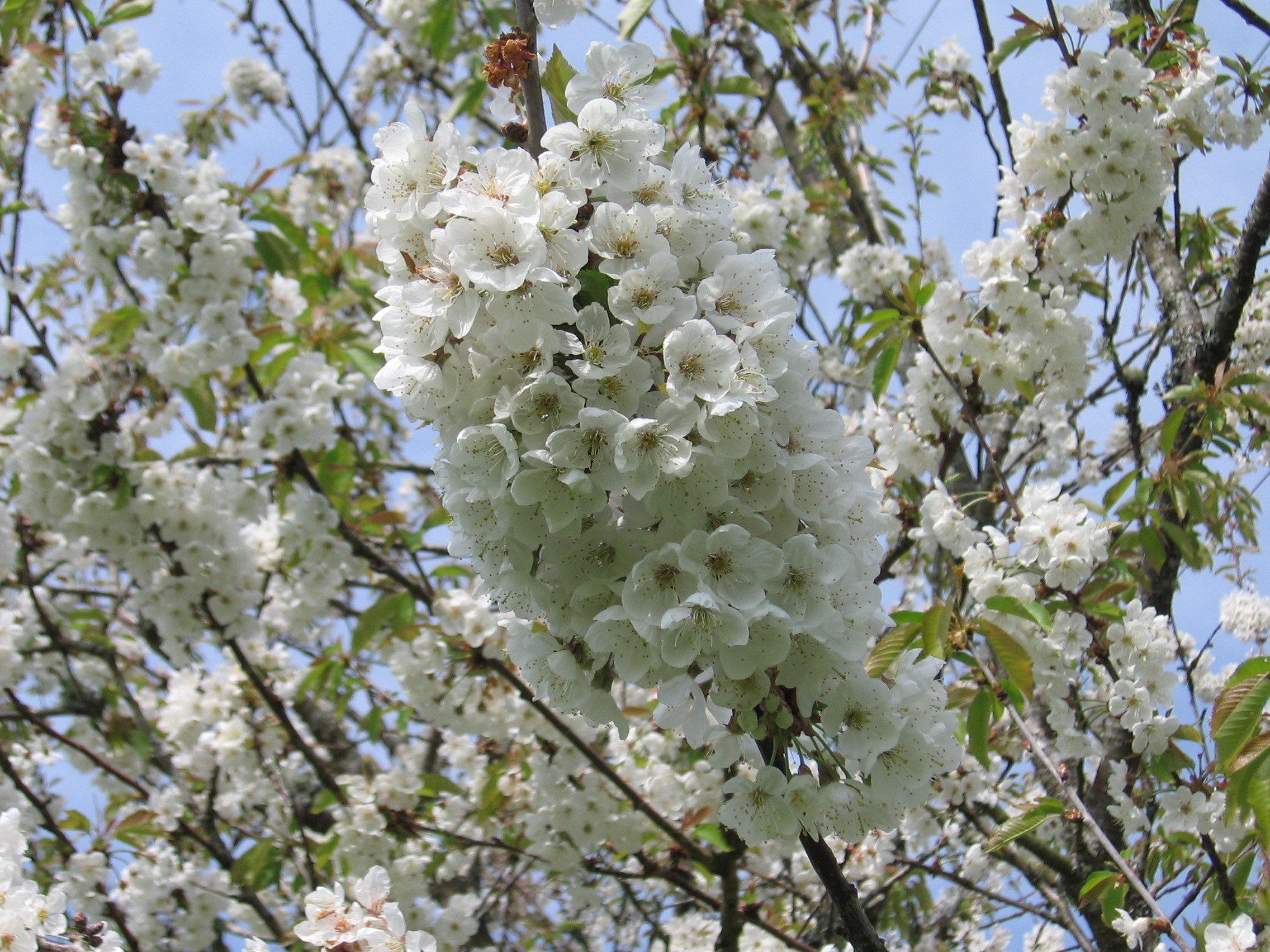
Discover a wealth of resources, exciting projects, and impactful campaigns that will help you make a difference. Connect with Nature right on your doorstep, in local parks and green spaces, or venture deeper into the stunning Tamar Valley National Landscape.
The Natural History Museum’s page on creating a wildlife-friendly garden offers practical tips to attract and support local wildlife. It suggests planting native species, providing water sources, creating shelter, and avoiding pesticides. These steps help create a thriving habitat for birds, insects, and other creatures, promoting biodiversity in your garden.

The Wildlife Trusts’ gardening page offers expert advice on creating wildlife-friendly gardens. It includes guides on building ponds, attracting butterflies, making hedgehog homes, and creating bee hotels. The site also features a gardening survey to assess how welcoming your garden is to wildlife and provides tips to improve it.
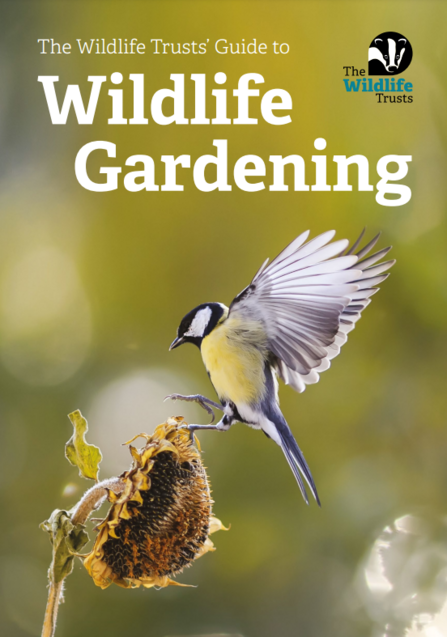
The Freshwater Habitats Trust is a national wildlife conservation charity dedicated to creating, restoring, and protecting habitats for freshwater wildlife. They work to reverse the decline in freshwater biodiversity by building a network of wilder, cleaner, and connected freshwaters. Their efforts include practical conservation work, scientific research, and outreach to deliver real change for freshwater ecosystems. The Trust also provides advice and resources for creating habitats that support freshwater wildlife and engages with volunteers and partners to achieve their goals.

The Amphibian and Reptile Conservation Trust (ARC) is a UK-based wildlife charity dedicated to conserving amphibians and reptiles and the habitats they depend on. ARC works through advocacy, education, and awareness to protect these species. They offer training courses, volunteer opportunities, and resources for creating wildlife-friendly gardens. ARC also runs various projects and campaigns to improve habitats and save species. There is a Cornwall and Devon group offering further opportunities for advice and learning opportunities.
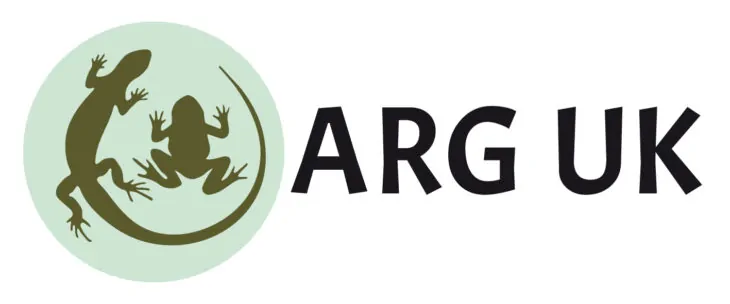
National campaigns
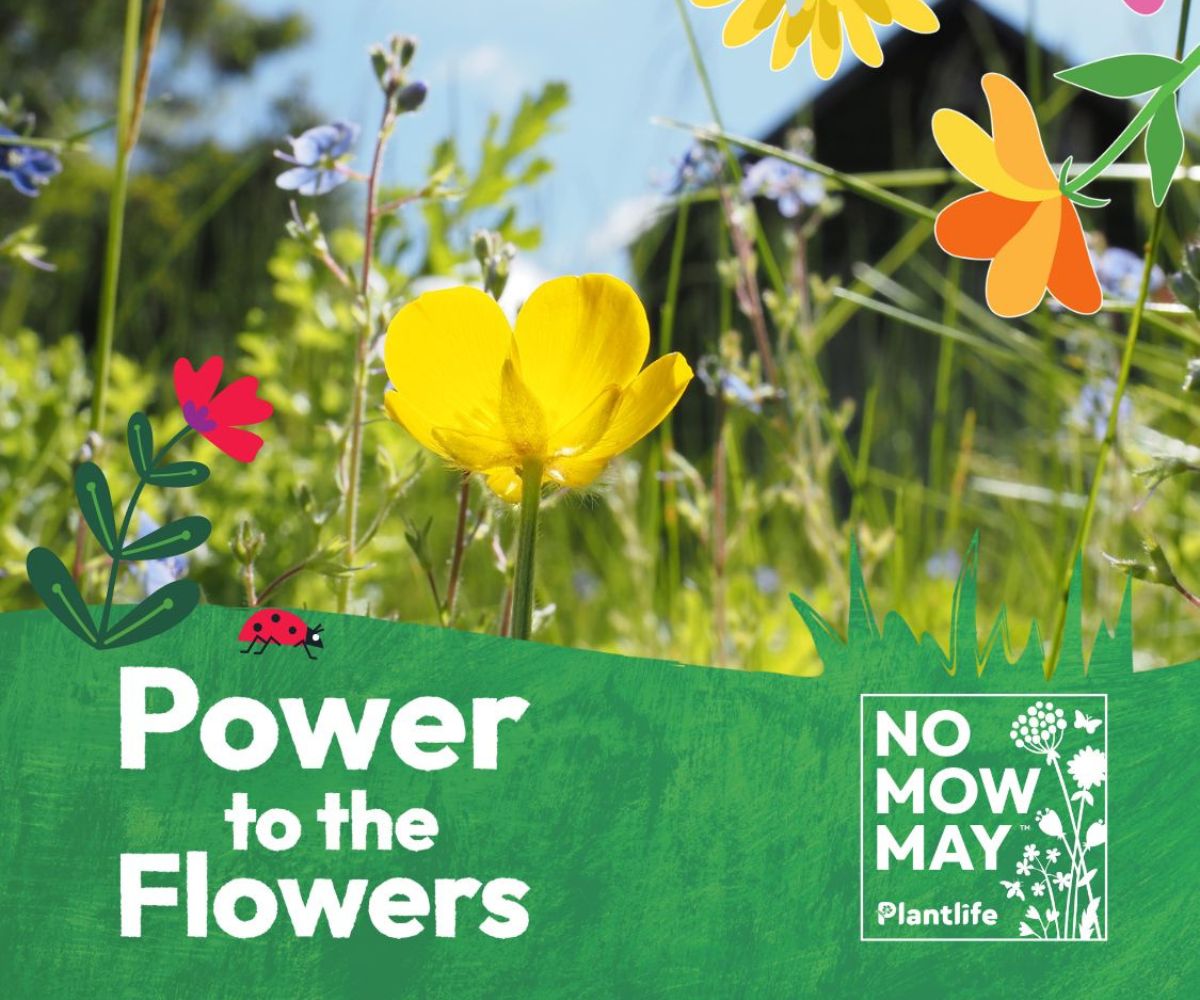
Plantlife - No Mow May
Plantlife's No Mow May campaign encourages people to avoid mowing their lawns during May to allow wildflowers to grow and support local wildlife. This initiative aims to restore flower-rich meadows, which are vital for pollinators like bees and butterflies. You can register your lawns, share progress, and contribute to a nationwide effort to enhance biodiversity and tackle pollution.
Discover more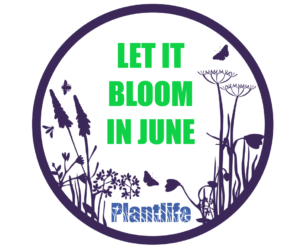
Plantlife - Let it Bloom June
Plantlife's Let it Bloom June campaign encourages people to continue supporting local wildlife by maintaining diverse grass lengths and creating habitats even after No Mow May. The initiative provides expert advice on how to manage gardens and green spaces to benefit wildflowers and pollinators throughout the summer.
Discover more